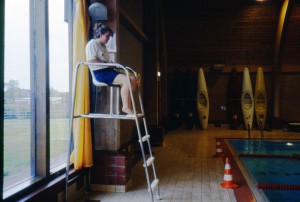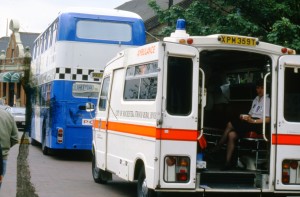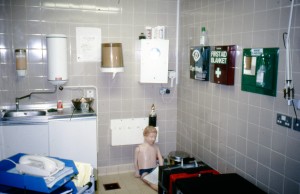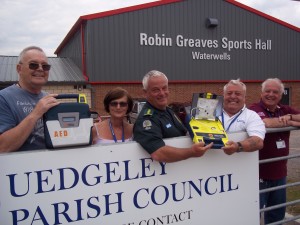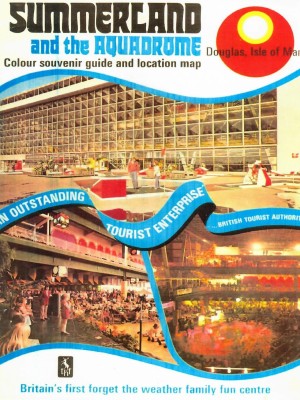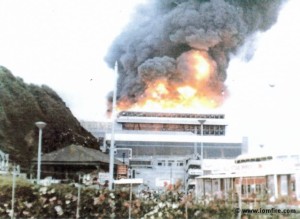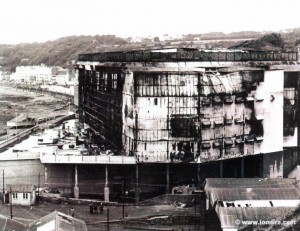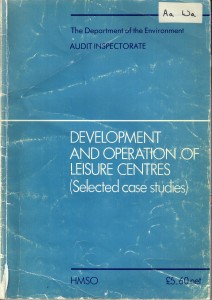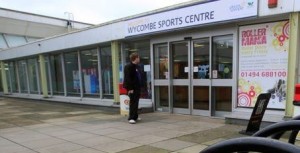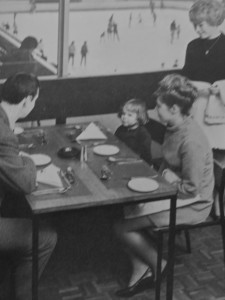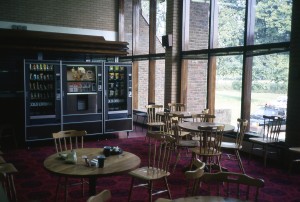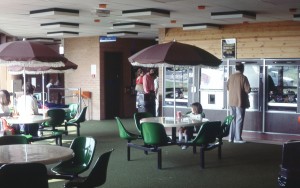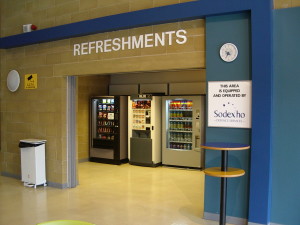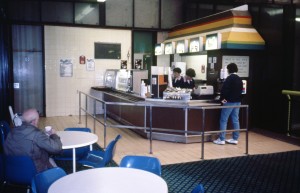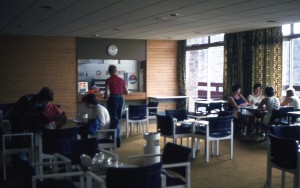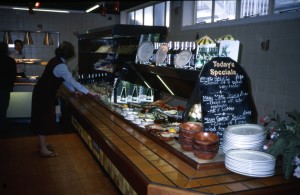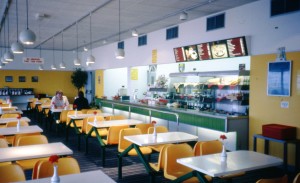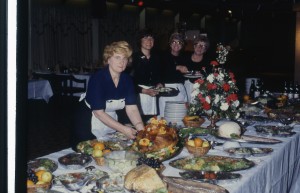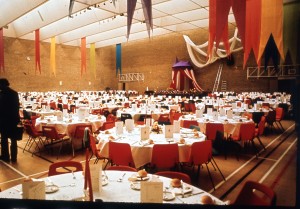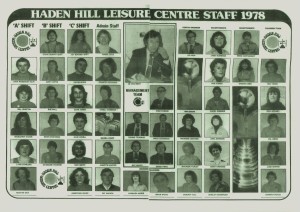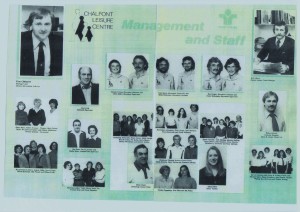One aspect of sports centre programming that was to the fore, particularly in the 1970s and 1980s, was the range of major sporting & non-sporting events. The 1970s and 1980s were probably the heyday for such events. Large sports halls with seating for up to 1500, provided the opportunity for sports governing bodies to stage national and international events. Key sports were badminton, tennis, gymnastics and even snooker. In 1976 The World Snooker Championships were held at Wythenshawe Forum.
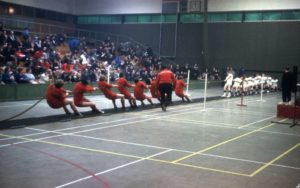
Bracknell SC was planned as a potential event venue
Sports halls also proved to be especially advantageous for local sporting events and competitions right across the country. One example of many is the success of karate events at Penrith Sports Centre under the guidance of Doug James.
As more attention began to focus on the cost of running centres in the late 1970s and 1980s, some possible financial advantages also began to influence the way in which the sports halls were used. Halls were being used for exhibitions, orchestral and pop concerts, fashion and motor shows, antiques fairs, dog shows and the like. Dinners, including civic dinners, have also often taken place in sports halls (see 5.2.12).
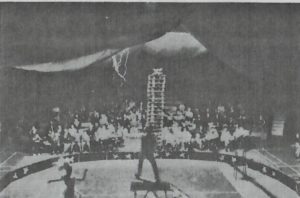
Bracknell SC even hosted a circus
Graham Jenkins Manager of Afan Lido (Chapter 2) was at the forefront of the earliest use of halls for entertainment. Bernard Warden, as the energetic manager of Bracknell SC, fulfilled the Council’s wishes to host social events, including dinners. One manager in the early ‘70s, David Reed at the Stour Centre, Ashford, sought the full commercial opportunity of the main sports hall and used it regularly at week-ends and during the summer whenever possible for pop concerts, wrestling, exhibitions and animal shows. The arrival of leisure pools, starting with Herringthorpe in Rotherham and Bletchley in 1974, created the opportunity for evening pool parties with effect lighting and catering. Northgate Arena (1977) in Chester was one of many, that held beach parties with Caribbean-style themes.
Other centres hosted pop concerts from the 1970s through to the 1990s. They are well recorded in the memories of many attendees. Between 1967 and 1982 Bracknell Sports Centre hosted Rod Stewart, Jeff Beck and Ronnie Wood. In the late ‘70s and early ‘80s Deeside Leisure Centre was one of the major venues on the tour scene hosting Bob Marley, Blondie, The Clash, Dire Straits, The Police and The Who. In Scotland in 2007 the Irvine Times looked back at 40 years of music and memories from the iconic Magnum Centre. This included appearances by Thin Lizzy, The Jam, The Clash, The Smiths and Chuck Berry. A feature in 2018 by Cheshire News asked the question “Do you remember Northgate Arena’s legendary music concerts? Morrisey, Manic Street Preachers, Ocean Colour Scene and Levellers all graced the stage during the 1980s and 1990s”. In the past 20 years other bigger venues have been developed to overtake the capacity and attraction of leisure centres for such events, although a few centres still appear on some entertainment circuits. (The complexity of indoor tennis courts and sports centres.)
Other major sporting and non-sporting events were common across the UK sports centre scene. Billingham Forum converted its ice rink to host Dewar Cup international lawn tennis in 1971 with Evonne Goolagong and Virginia Wade. Bracknell and Deeside were to the fore with national and international basketball matches. Bletchley LC had a wide range of special events. Events across the country were reflected by Crowtree’s programme for several decades from 1977, including National Gymnastics Championships (the BAGA rated it number one outside Wembley); SAAB Kings Cup Tennis; international badminton, including England v China in 1981; the Marks & Spencer Fashion Extravaganza; Phillips Electronic Exhibition; Aquarist Festivals; a European Folk Moot; and world title boxing with Billy Hardy.
The arguments about-non-sporting events prevailed through those decades. There were programming issues and questions of principle about non-sporting events taking over sports halls. Centres and halls required long hours of opening, and staff that were being paid at higher rates for unsocial hours in the evenings and at weekends, which led to significant expenditure. Non-sporting events had the potential to help finances. However, Gerry Perrin raised some of the vexed questions in his book in 1980 (Chapter 4 – 4.1.8). He said “Many halls are closed to sports use from midday on Friday until midday the following Monday, while equipment is set up for one of these extravaganzas. What started as a daily 14-hour ‘sports’ programme, 7 days a week has often been reduced to a weekdays-only sports involvement. There are probably many who would see little wrong with this position, until they realise that few of these extra-mural activities actually net any real added income, and that the additional staff required to organise, plan and arrange these events add considerably in the medium term to running costs”.
If the hall could be better used for non-sporting activities with lower staffing costs, and bring a better financial return than sporting use, there was nonetheless a temptation to move in that direction, rather than just provide for sport. This was often resented by sport enthusiasts, particularly where such use might lead to the cancellation of regular sporting bookings. The reality was that some events brought extra income and publicity, whilst others were neutral in cost-terms or involved extra cost. However the attendances tended to justify the events from a community viewpoint and local authorities welcomed the profile major events gave to a centre and the district.
Speaking at a Sports Council Seminar in 1979, Alan Whitfield, Manager of Huddersfield Sports Centre (winner of the Sports Council Management Award in 1978), gave these reasons for staging major events at his centre: –
- “To make the Centre more acceptable to the community we have to make a good impression on the Council by displaying our ability.
- Cutbacks are coming, and we have to show off ourselves to the Council to justify our budget.
- It is part of our philosophy of our usage.
- We spend for effect – we do improve levels of excellence. There is evidence to suggest that levels of performance do rise after promoting events.
- We aim to continue to promote events in the interests of staff morale – the staff are beginning to like it. They do like getting involved.
- We like to be identified with visits from outside. It is good public relations to have successful big events. It puts your centre on the map.
- It increases the standing of the centre within the community.
- It allows top class facilities to be used by top class performers.
- It increases the awareness of the town by bringing in people from other parts of the country – or world.
- Because we are near to large suppliers of equipment, we are able to borrow essential items without any problem”.
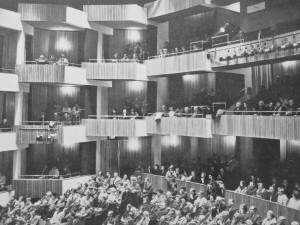
Billingham Forum Theatre
Today there continue to be some public non-sporting uses of these, the largest indoor spaces that Councils own. The non-sporting activities of course include national and local election counts as seen on TV. Such halls also fit within the emergency procedures of councils, for example the use of the Westway Centre in West London for the Grenfell disaster. Any event organiser requiring a large indoor space would consider using a sports hall, and in several instances, despite the growth of other larger indoor venues, still do today. Indeed, there has been a long, strong cultural context to sports and leisure centres. (Events: a view of reality)
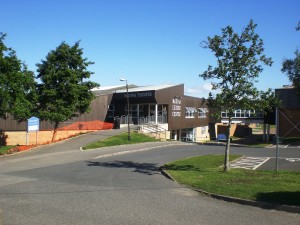
Medina Leisure Centre Theatre
Billingham Forum, Wythenshawe Forum and the Stevenage Sports & Arts Centre fully and successfully integrated theatres into their facility mix, as did a few smaller centres including the Medina Centre (IOW) and the Beacon Centre in Beaconsfield. Although sports halls have been well used for entertainment events, it was not until Carlisle’s Sands Centre opened in 1985 that a hall was planned and designed to successfully fulfil a dual role for recreation activities and entertainment events. The Sands Centre proudly states that it is Cumbria and South West Scotland’s premier venue for entertainment.
When going to publication there were no known major incidents at spectator events inside leisure centres. These are regulated by licensing regulations which historically were approved on a ‘one-off’ basis; however, these requirements have changed and have become more robust over the years.
View eight major event pictures below, left to right, click to enlarge and for captions:

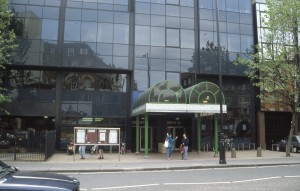
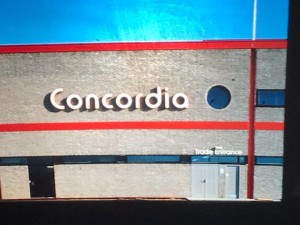 Concordia Leisure Centre in Cramlington was named as a response to disputes about the distribution of resources across the district, and the architects saying ‘Cramlington’ was too long to go on the building! Guernsey, where the local holiday trade mattered most, gave us Beau Sejour. Other titles have included The Spectrum (Guildford), The Triangle (Burgess Hill) and more recently The Hive (Ely).
Concordia Leisure Centre in Cramlington was named as a response to disputes about the distribution of resources across the district, and the architects saying ‘Cramlington’ was too long to go on the building! Guernsey, where the local holiday trade mattered most, gave us Beau Sejour. Other titles have included The Spectrum (Guildford), The Triangle (Burgess Hill) and more recently The Hive (Ely).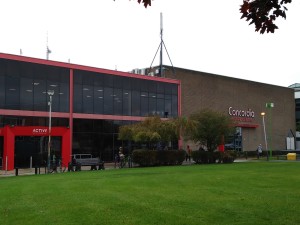
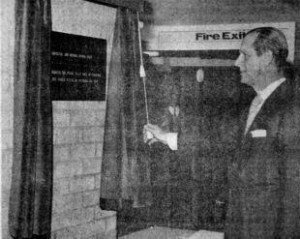
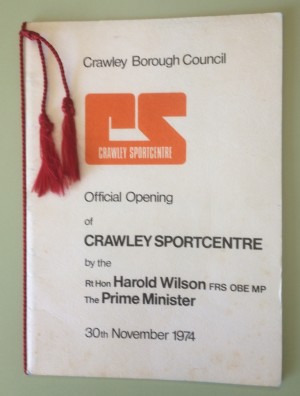

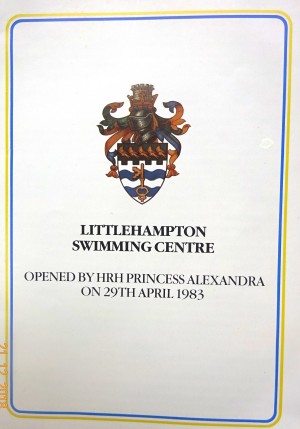
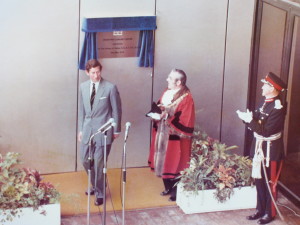
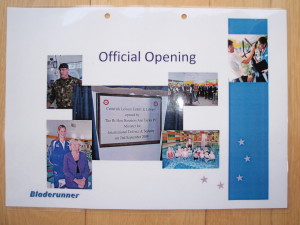
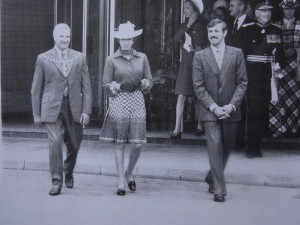
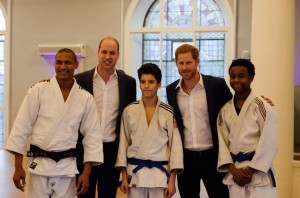
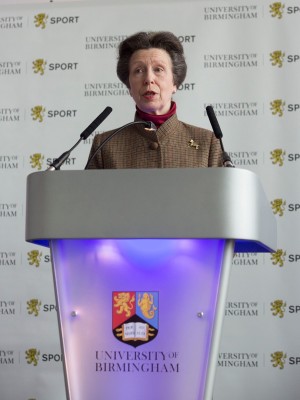
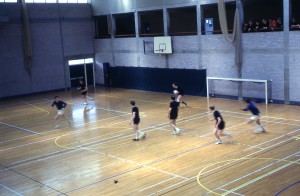
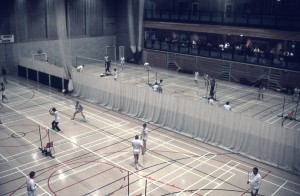
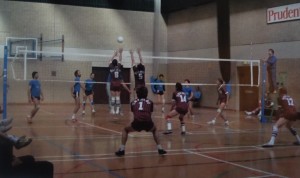
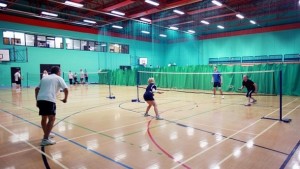
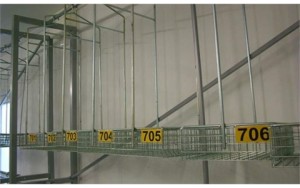
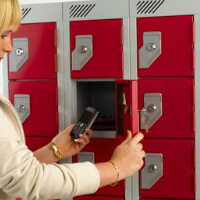
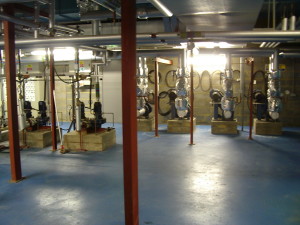
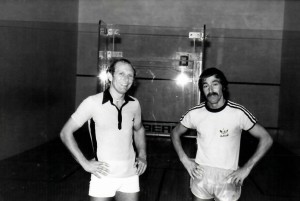
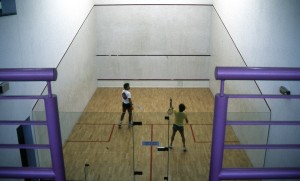
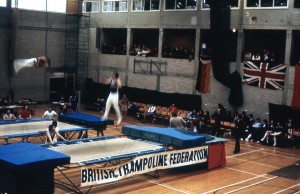
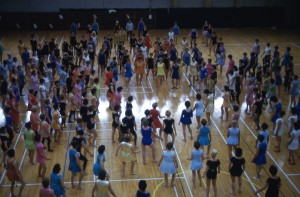
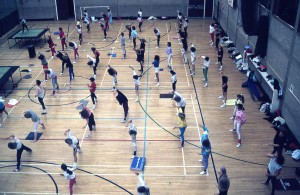
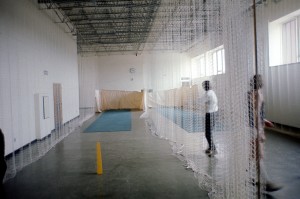
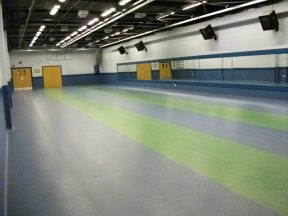
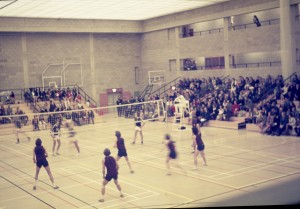
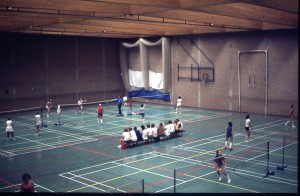
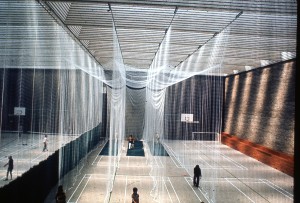
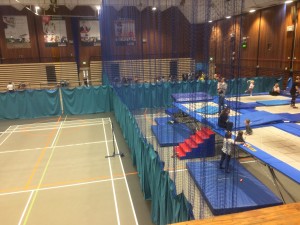
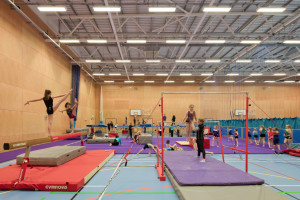
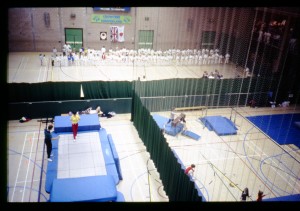
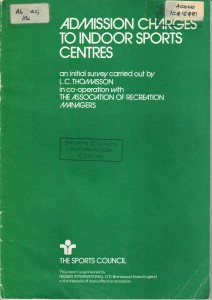 Sports centre charges had received an early focus in 1973 when Len Thomasson, Lightfoot Centre Manager, undertook a very timely survey of charges at 50 sports centres. This was published by The Sports Council with the support of ARM and Nissen. The exercise was very useful at that time, given a lack of available comparative information and was
Sports centre charges had received an early focus in 1973 when Len Thomasson, Lightfoot Centre Manager, undertook a very timely survey of charges at 50 sports centres. This was published by The Sports Council with the support of ARM and Nissen. The exercise was very useful at that time, given a lack of available comparative information and was 



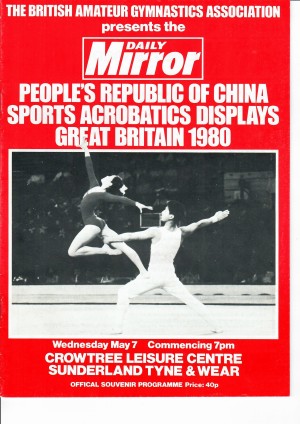
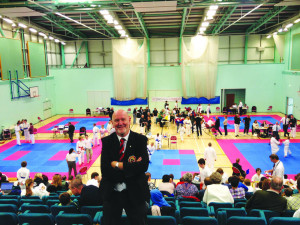
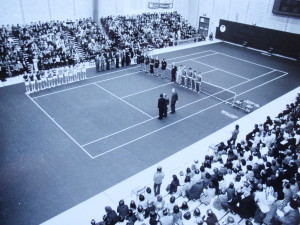
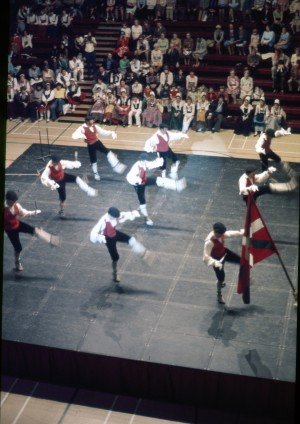
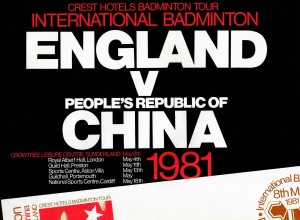
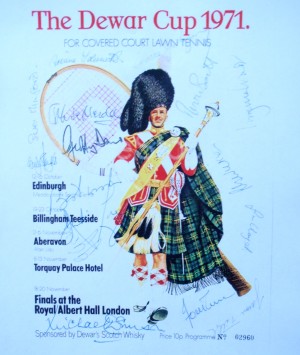
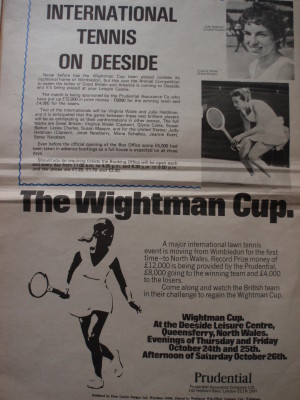
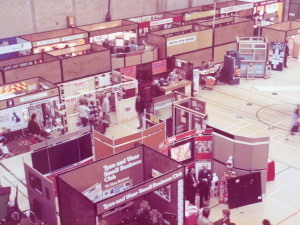
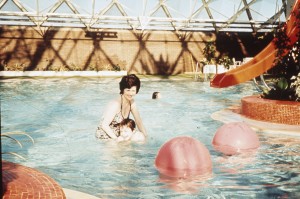
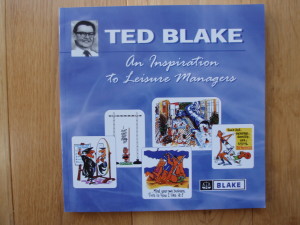 Probably no one did more, using his inimitable style, to convey the true meaning of marketing in sports centres than
Probably no one did more, using his inimitable style, to convey the true meaning of marketing in sports centres than 